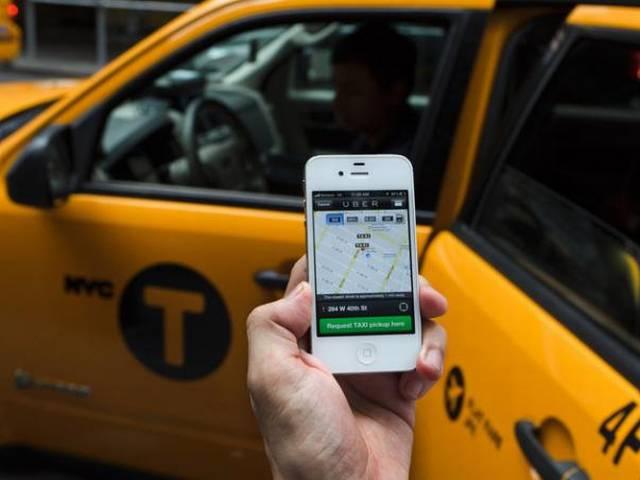Delhi Government Likely To Extend Odd-Even Scheme; HC verdict on Jan 11
“We need to have adequate infrastructure in place before implementing the campaign again”, he said.
The State Government said that a fortnight’s run of the scheme was necessary in order to properly assess the potential of the new restrictions in improving the quality of the city’s air.
Delhi transport Minister Gopal Rai on Friday said that the Delhi Government would submit its report on the level of pollution in the national capital to the High Court. Pollution is not going to go away immediately.
HC is hearing a batch of petitions challenging the scheme on several grounds.
The odd-even scheme was launched January 1 to curb alarming rise in vehicular pollution.
“This brings out the clear impact of the odd and even scheme on the pollution levels”.
Senior advocate Harish Salve, representing the Delhi government, told the bench of Chief Justice G Rohini and Justice Jayant Nath that the policy had “resulted in the lowest pollution peak compared to previous high smog episodes”.
Also, the Delhi government has told the court that 15 days for the odd-even trial are not enough and if needed it may have to go beyond that.
“It was a pilot project”.
Arguing that the scheme was in keeping with global best practices, he said vehicles were the second highest emitters in the city and were responsible for very high exposure and health impact. Delhi Dialogue Vice Chairman Ashish Khetan claimed that the peak level was at a “historic low”.
He stated that particulate and nitrogen oxide load from cars have come down by 40 per cent, largely due to reduction in diesel cars.
The Supreme Court and high courts generally appoint an amicus curiae to get a lawyer’s help to take an independent view on important issues or in cases where a litigant is unable to engage his own lawyer. The Odd-Even Scheme is created to provide immediate relief. “We are not saying that pollution has reduced, we are saying that peaking of pollution shows a declining trend”, he said. “This validates the importance of this emergency action”, he added. “There is no adequate public transport”, the bench had added.
The petitions challenged the Delhi government’s notification of 28 December which introduced the scheme of allowing the plying of vehicles on alternate days in accordance with the last digit of their number plates.








